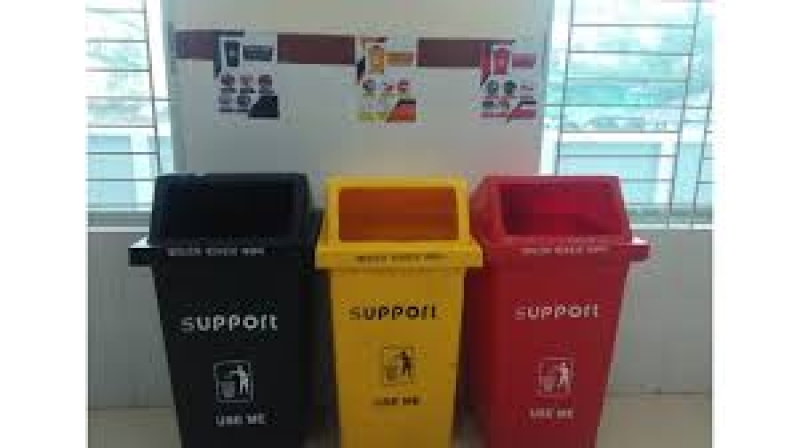- Irregularities, injustice will no longer be accepted in politics: Jamaat Ameer |
- 2 arrested in Jhenaidah for allegedly selling madrasa student |
- Koko’s wife campaigns for Tarique in Dhaka-17 |
- Bangladeshi Expats Cast 4.58 Lakh Postal Votes |
- IMF Forecasts Bangladesh GDP to Rebound to 4.7% in FY26 |
Bangladesh's Healthcare Waste Management Falls Short of Sustainability

Experts have raised alarms that Bangladesh's healthcare waste management system falls far behind global sustainable waste management standards. In urban areas, 55% of solid waste remains uncollected, exacerbating pollution, public health risks, and contributing to climate change.
Despite mounting challenges, Bangladesh has yet to establish a dedicated authority for waste management oversight, with inadequate legislation and no comprehensive national waste management plan. The country generates approximately 25,000 tonnes of waste daily, and Dhaka alone processes around 6,500 tonnes, a number expected to rise to 8,500 tonnes by 2032.
A study, Healthcare Waste in Bangladesh: Current Status, the Impact of Covid-19, and Sustainable Management, predicts that by 2025, Bangladesh will generate 50,000 tonnes of medical waste annually, with 12,435 tonnes classified as hazardous. The issue worsened post-Covid-19, with medical waste in Dhaka reaching between 1.63 to 1.99 kg per bed per day.
Despite efforts by organizations like the International Committee of the Red Cross (ICRC) to improve waste management, particularly in vulnerable areas like Cox's Bazar, the situation remains dire.
During a recent SDG Café hosted by UNOPS Bangladesh, experts discussed solutions for better solid waste management. Dr. Rowshan Mamtaz, Professor of Environmental Engineering at BUET, emphasized the urgent need for a comprehensive waste segregation system, as the volume of waste is projected to double every 15 years. She advocated for the 3R approach—Reduce, Reuse, Recycle—and called for stronger enforcement of Extended Producer Responsibility (EPR).
While medical waste makes up just 1% of Bangladesh’s total solid waste, improper handling can contaminate the entire waste stream, making it hazardous. Though the Solid Waste Management Rules 2021 and National 3R Strategy introduced positive steps, no dedicated authority has been established to oversee medical waste. Instead, NGOs like PRISM Bangladesh and Waste Concern are taking the lead.
Transparency International Bangladesh (TIB) has reported corruption within the sector, with hospital staff selling reusable medical waste to unscrupulous recyclers. This has led to unsterilized materials being resold to hospitals, exacerbating health risks. Non-compliance with regulations is widespread, and the 2008 Medical Waste Management Rules remain poorly enforced.
Further investigations revealed that hospitals often dispose of medical waste as general refuse, citing high sorting costs and insufficient enforcement mechanisms. A lack of coordination among key ministries and agencies has hindered progress, and national committees remain largely ineffective.
Dr. Iftekharuzzaman, Executive Director of TIB, highlighted the systemic governance failures and corruption that exacerbate medical waste mismanagement, increasing disease transmission risks and environmental harm.
Experts agree that urgent reforms are necessary to address Bangladesh’s medical waste crisis. They advocate for stricter enforcement of regulations, better public-private partnerships, and improved monitoring systems to ensure compliance. Without immediate action, the country faces serious environmental and public health consequences.

